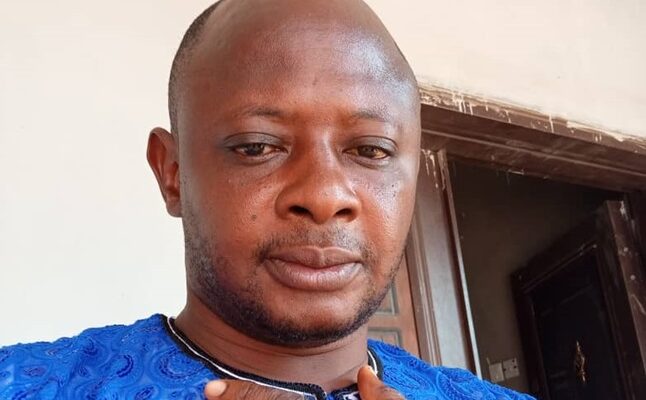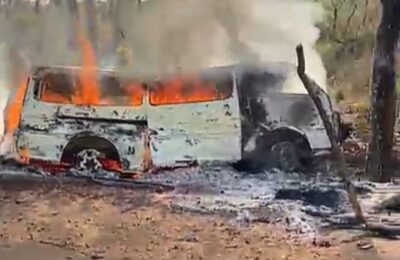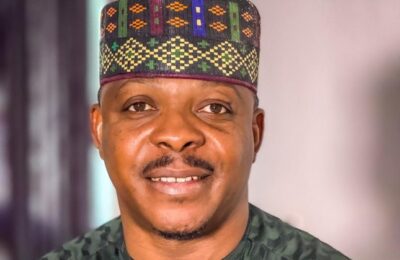“I dey alive, but my spirit don waka comot since 2020. Na only body remain for this country.”
— Baba Ifeanyi, mechanic, Lagos.
In Nigeria today, millions wake up with nothing but hope and hunger. From Benue to Bayelsa, Kano to Calabar, citizens roam like broken reeds—once upright and flourishing, now bent, cracked, and abandoned by the very system meant to support them. The Nigerian dream has grown wings and flown abroad, leaving behind a people whose survival now depends on chance, connection, or compromise.
At the surface, the economy is “recovering,” according to official data. But beneath the spreadsheets and televised reports lies a hollow nation. A mother of five in Kaduna hawks sachet water in traffic, not for profit, but just to buy garri for dinner. A graduate in Aba sells airtime, praying for a visa lottery win. A pensioner in Osun dies while queuing for his own money. “I served this country for 35 years, and now I dey beg to chop,” said retired civil servant Mrs. Rukayat Ajayi. “If this no be wickedness, wetin be?”
Nigeria was once hailed as the “Giant of Africa,” a title now sounding like a taunt to those trapped under the weight of its promises. The economy, battered by inflation and unemployment, has left people feeling as though they are passengers in a plane with no pilot. “Everywhere dry. Even devil sef go pity us,” remarked Kunle Adebayo, a commercial bus driver in Ibadan. His words capture the exhaustion now normalised across markets, schools, and even churches. Religious leaders preach resilience, but even that is wearing thin. Pastor Nkem Okoro of Enugu groaned during a Sunday sermon, “We can’t continue fasting while our leaders are feasting.” The congregation said “Amen,” but with eyes more watery than fiery.
The breakdown is systemic. The education system produces degrees but no dignity. Hospitals are graveyards with painted walls. Power supply is still erratic, while small businesses drown under taxes and bribes. Insecurity has turned highways into hunting grounds. “I sold my goats to pay ransom for my cousin,” shared Hauwa Danladi from Zamfara. “The government no even ask how we dey cope.” The Nigerian state has become a bystander—offering no cushion, no comfort, and certainly no clear direction. Political promises are now seen as seasonal fairy tales. With each election cycle, leaders reappear, dancing on stages with brooms and umbrellas, only to vanish after swearing oaths they never keep. “I voted with tears. Now I dey cry with hunger,” said Emmanuel Uduak, a young tech graduate in Uyo.
Beyond physical hunger and economic hardship, there is a spiritual weariness. Nigerians no longer trust—no trust in the system, the future, or even in one another. A society built on solidarity is now cracking under the weight of mutual suspicion and silent rage. Therapists and pastors say they are overwhelmed by a surge of cases related to depression, suicidal thoughts, and emotional trauma. “People don’t come for prayers anymore. They come to cry,” said Prophetess Sarah Ogundele in Agege. “Our altar has become a hospital of the soul.” Even the youth—once considered vibrant and rebellious—are sinking into resignation. The #EndSARS protest was a spark, but the fire has since turned to smoke.
Yet, in all the bleakness, there’s a glimmer of resilience—a stubborn will to live, even without reason. Nigerians are still singing, still hustling, still helping strangers in molues and praying loudly in buses. It’s a paradox: the same nation that breaks you also teaches you how to dance with your scars. But resilience should not be mistaken for satisfaction. “We dey laugh, no mean say we dey alright,” said Chika Nnaji, a food vendor in Onitsha. “Our laugh na survival tactic.” Pastor Chris Oyakhilome once said, “You cannot change the world by complaining about it—you change it by becoming what it needs.” That call now echoes louder than ever.
Nigeria stands on a dangerous edge. The danger is not only economic collapse or political instability—it is the slow death of national empathy. A nation that no longer feels the pain of its people is no longer worthy of the name nation. The current administration must go beyond speeches and optics. This is not the time for blame games or restructuring committees that restructure nothing. It is time to rebuild trust, to decentralize wealth and power, to return humanity to governance. The poor are not lazy—they are simply exhausted. The middle class is vanishing. The elites, if not careful, will soon have no country to rule. As Dr. Paul Enenche puts it: “When a system keeps frustrating the righteous and rewarding the wicked, the heavens cannot remain silent.”
In Isaiah 36:6, the Bible calls Egypt “a broken reed of a staff, which pierces the hand of anyone who leans on it.” Nigeria has become that broken reed—hurting those who lean on her, disappointing those who believe in her. But unlike Egypt, Nigeria still has prophets and thinkers, farmers and poets, women who fight and youths who create. The reed may be broken, but it is not burned. With repentance, policy reforms, and divine mercy, it can still be mended.
As one elderly Igbo man put it, “Even if the yam don bend, e never spoil. Just boil am well.” So let us boil this crooked yam. Let us fix what we broke. The lives of millions hang in the balance—not statistics, but souls.
– Inah Boniface Ocholi writes from Ayah – Igalamela/Odolu LGA, Kogi state.
08152094428 (SMS Only)




